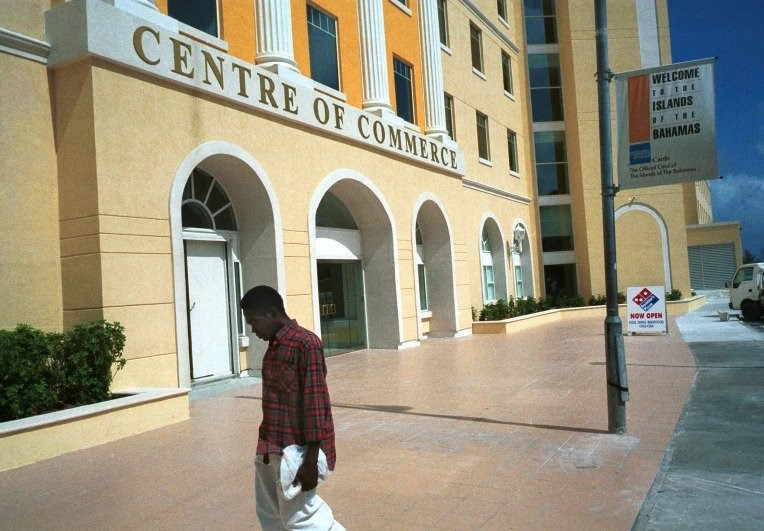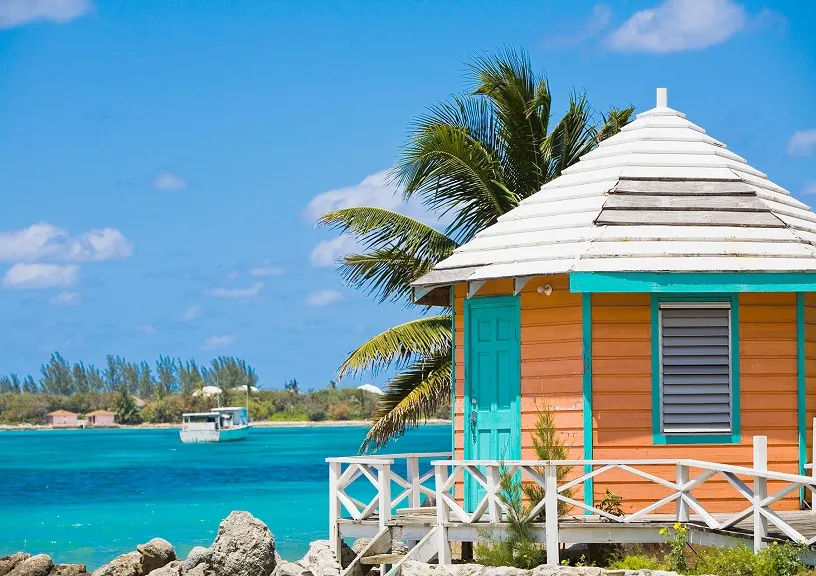Ever since the Paradise and Panama Papers came out a few years ago, people have got a lot more interested in how they can save their own tax money. Does it work? Is it legal? And how much can I save?
These are the questions that most people have about using the Bahamas as a tax haven. And the answers to your questions:
Yes, it works.
Yes, it’s legal.
And you’d be surprised how much you’ll save.
The Panama Papers, in particular, put a spotlight on how the rich and obscenely wealthy like to handle their money. More so, these papers revealed how countries like Panama, Seychelles, and The Bahamas are spectacularly efficient as tax havens for your hard-earned money, and many qualified international tax specialists tend to agree. And if you’ve ever thought to yourself that the Bahamas might just offer you the kind of tax haven benefits you’re looking for, the reality of making it happen is probably a lot easier than you think.
But first…
Why The Wealthy Choose The Bahamas as a Tax Haven
Let’s get this out of the way first.
If you live in a Western country, you might not find the answer to your tax woes in the Bahamas. By all means, continue to visit for its incredible beaches and laidback lifestyle, but unless you’re able to legally become a resident of the Bahamas, this probably won’t work for you.
But if you’re a non-resident of these Western countries, and you have the financial and time freedom to make some lifestyle changes, keep on reading
And this is where you might just be able to acquire a Bahamian residency and start saving more money.
And why is the Bahamas such a popular tax haven for the wealthy? Let’s find out.
The Bahamas is Open and Welcoming
Without fail, the first thing that will become apparent is how open the country is to foreigners. Even if you’re a tourist, you’re welcome with open arms. And if you’ve got money, you’re made to feel even more welcome.
That feeling of hospitality extends into their tax laws. Technically, there is no income tax in the Bahamas. I mean, sounds too good to be true, right? The government finds other ways to collect their taxes, often through the tourism industry or stamp duty taxes, which can be quite high.
That means that the Bahamas is a great tax haven for your money. There are hundreds of banks from all over the world that have the legal right to operate here, another sign of just how welcoming the country is to foreign money. They make it as easy as possible to keep and protect the assets you have
The Bahamas Cares About your Business
The Bahamas became a tax haven because there are pretty strict laws guardian the investments and corporations in the country. If you’re interested in opening up an international branch of your company or trust, the Bahamas makes for an ideal location.
First, your business will pay no taxes on its revenue. Well, that is as long as you make your money from overseas sources. If you make money from the locals, that’s when you pay local corporate tax.
Practically, let’s say that you have an e-commerce business, selling internationally to several countries. Because that revenue is coming from overseas, you don’t attract any corporate tax on that revenue. And their laws help guard your revenue against prying international government eyes. It’s not easy to gain access to your books, thanks in part to the Bahamian’s strong desire to attract more international investments to operate on their shores.
Much like Switzerland, Bahamian privacy laws are world-renowned. Breaking privacy laws attracts severe penalties and jail time.
It should be noted that Bahamian banks are popular with…less savory clients as well. Black money and hidden wealth do make its way to the Bahamas, and the government is wary of these types of transactions. But as long as you use legal ways to use the Bahamas as your tax haven, it won’t make a difference to you.
Bahamas As Your International Offshore Tax Haven

More and more, people are getting sick and tired of being treated by their governments as portable piggy banks. These high-income earners want to legally create tax havens that help shelter and protect their wealth.
And they’re doing it legally in countries like the Bahamas.
It helps to have friendly laws and zero-tax restrictions. It also helps that foreigners are encouraged to make local investments like real estate and set up sole proprietorships.
Most of the rich and powerful already using these types of tax structures combine Bahamian tax laws with efficient trust systems and holding companies to disperse their wealth as well. These legal means of sheltering their money aren’t just tools for people with a lot of zeroes to their net worth.
You can do exactly what these wealthy people are doing.
For example, the benefit of a system means that you can disperse your income to a holding company based in the Bahamas, as an example. If you earn $150,000 income from your business, you can create a holding company established as an international business headquartered in Nassau. That holding company is a tax-free beneficiary, which means you can send $100,000 overseas completely legally, paying yourself $50,000 and only being taxed on one-third of your income rather than the full amount.
This also means that if you have income from your trust coming from your Bahamian business, that also attracts no corporate tax as long as your sources are overseas clients.
Can you start to see how much money you’ll save?
And why stop in the Bahamas? Once you open your mind to the possibilities of world business and finance, you’ll see strategic advantages all over the globe. For instance, the banking system of Hong Kong and Switzerland is very practical for international reputations. And if you’d like to hold on to some assets without attracting capital gain taxes, the Bahamas is just one option. Malta, Seychelles, and Samoa are also well-suited to help you.
This type of money sheltering isn’t just an idea. It’s an option. It’s completely legal. And it’s much more feasible than you might suspect. Have a chat with an accountant about what it looks like for your business, and what sort of options you have at your disposal. Oh, and when you arrive in the Bahamas, don’t miss out on trying the lobster.



 Bitcoin
Bitcoin  Ethereum
Ethereum  Tether
Tether  XRP
XRP  Solana
Solana  USDC
USDC  TRON
TRON  Lido Staked Ether
Lido Staked Ether  Cardano
Cardano  Avalanche
Avalanche  Toncoin
Toncoin